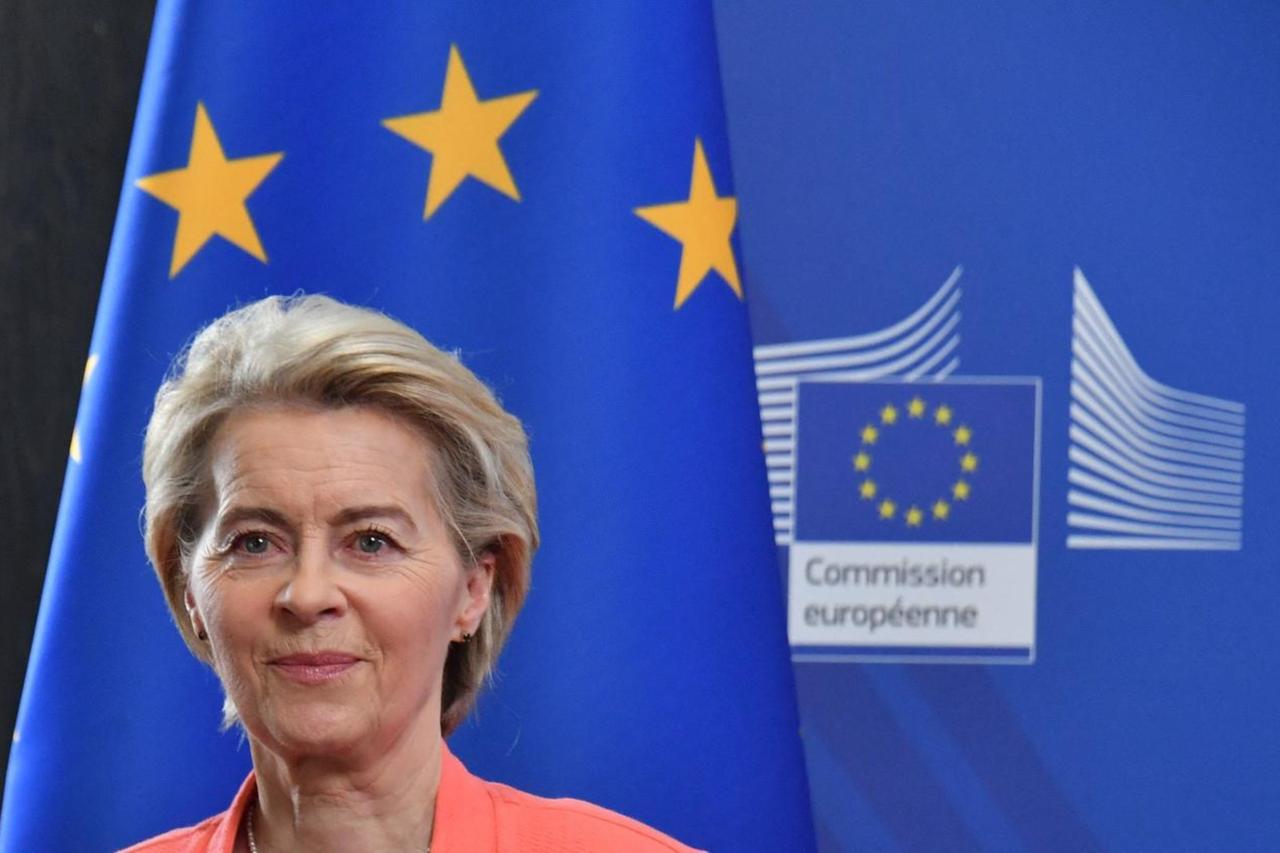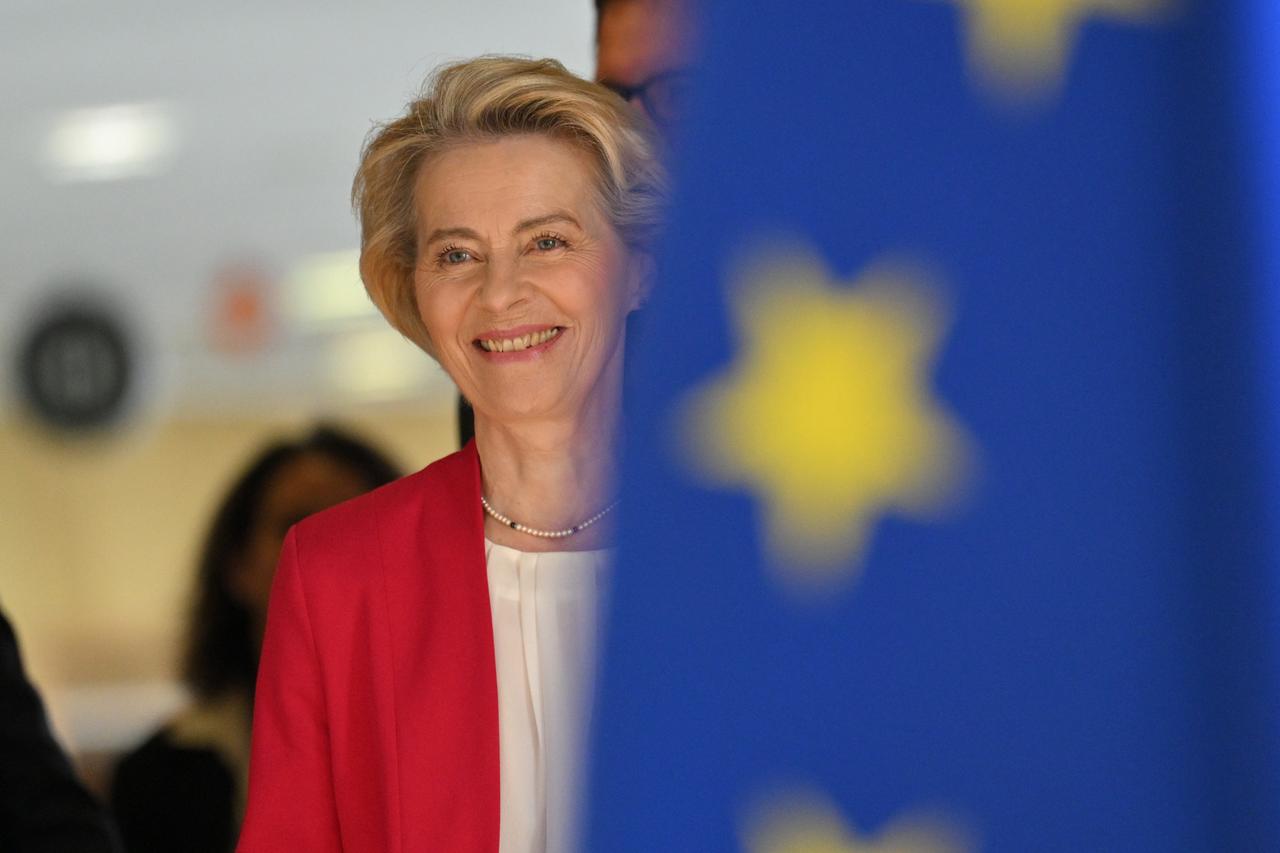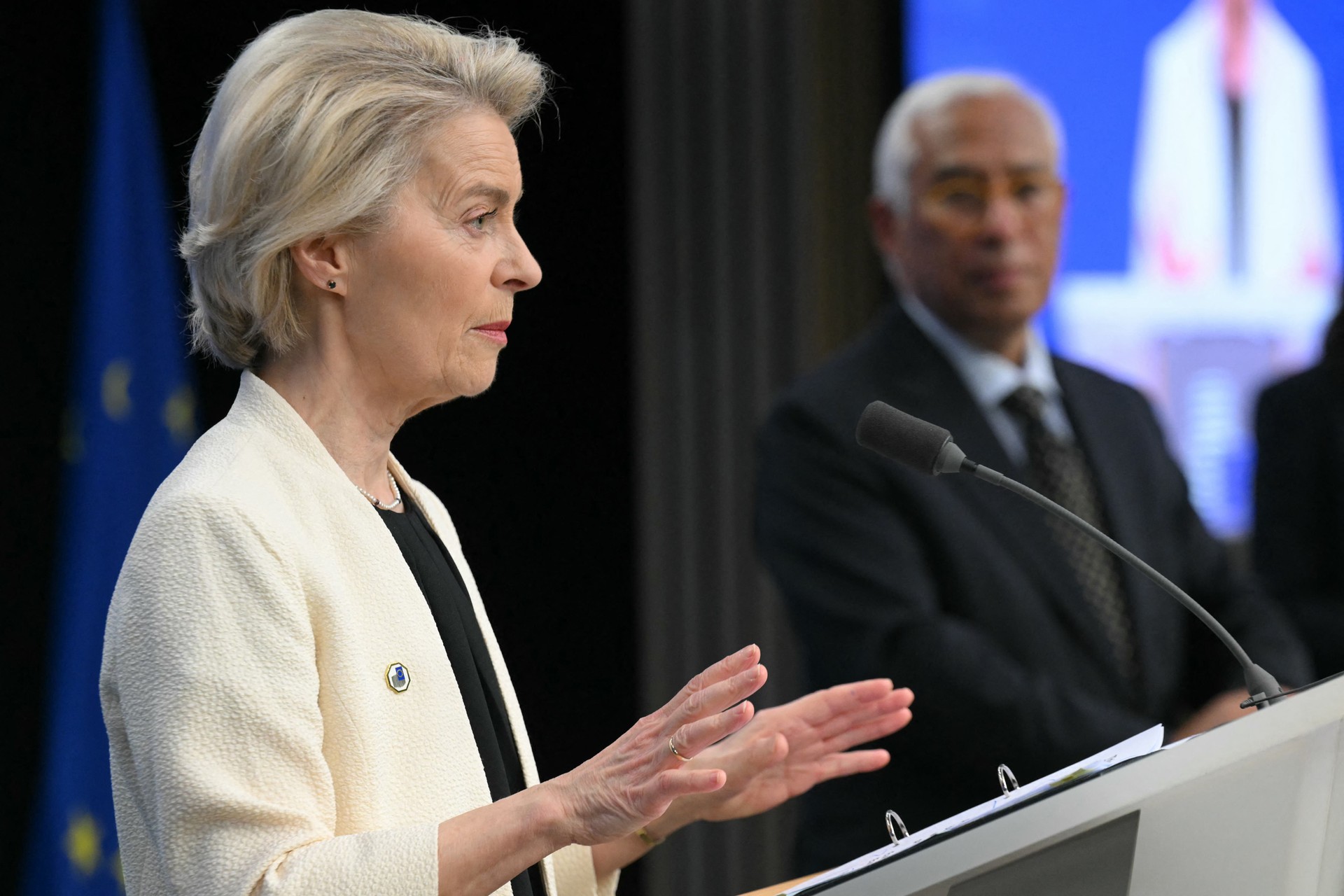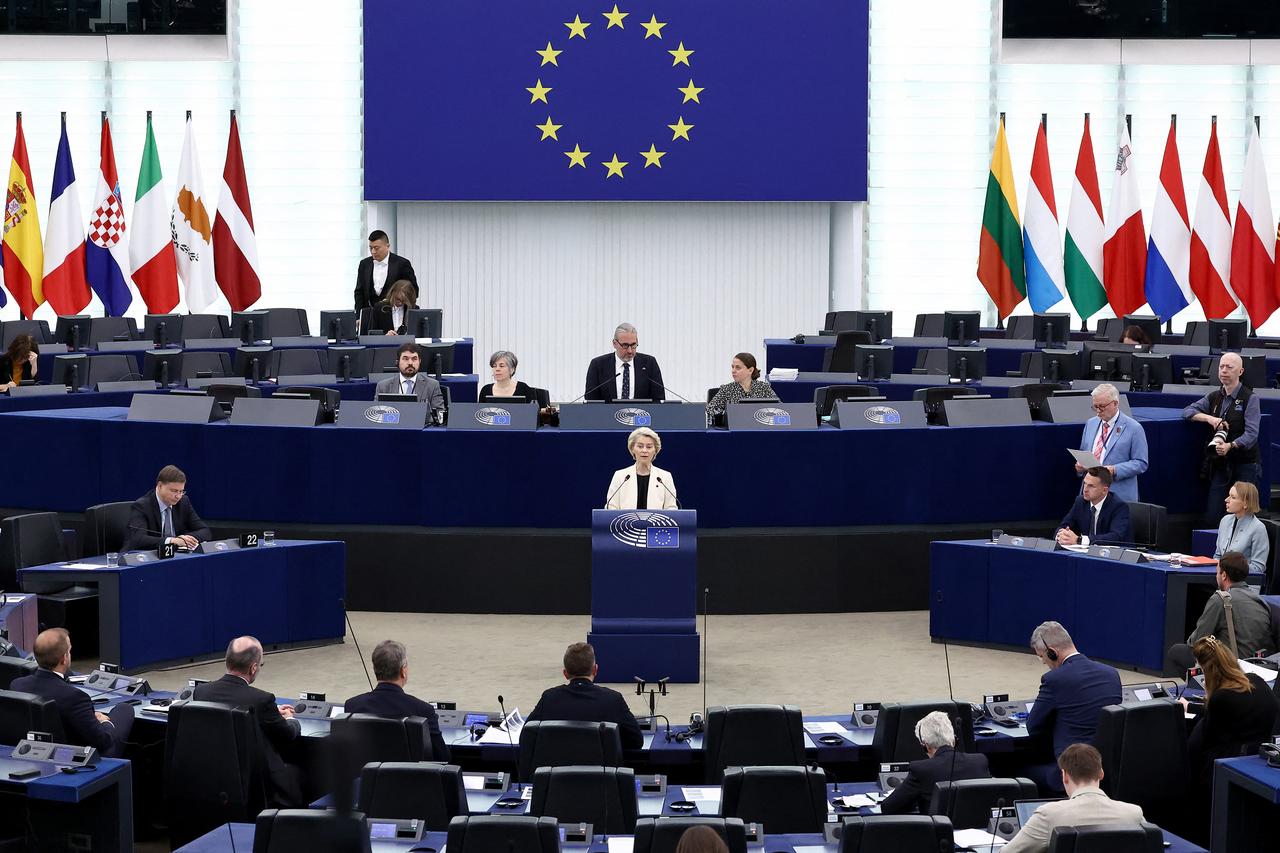
European Commission President Ursula von der Leyen confronted lawmakers Monday in a heated parliamentary debate ahead of a confidence vote that has exposed growing tensions over her leadership style and political alliances.
The rare challenge, initiated by Romanian far-right lawmaker Gheorghe Piperea, centers on accusations that von der Leyen has operated with insufficient transparency, particularly regarding undisclosed text messages with Pfizer's chief executive during COVID-19 vaccine negotiations.
While the confidence vote scheduled for Thursday in Strasbourg is widely expected to fail, the debate has provided a platform for critics to air grievances about what they characterize as increasingly centralized and opaque decision-making at the commission's helm.

The controversy stems from von der Leyen's refusal to release communications with Pfizer CEO Albert Bourla during vaccine procurement talks—a dispute that has spawned multiple court cases and fueled broader criticism of the commission's transparency practices.
The commission's failure to disclose the messages has given ammunition to critics who accuse von der Leyen of operating with excessive secrecy, undermining public trust in EU institutions during a critical period.

Beyond the so-called "Pfizergate" controversy, von der Leyen faces criticism from traditional allies on the left and center who accuse her European People's Party of increasingly aligning with far-right groups to advance its legislative agenda, particularly on environmental deregulation.
"We are going to ask the EPP, clearly, who it wants to work with," said centrist leader Valerie Hayer. "Is it still with us, the pro-European groups—or with the ECR and Patriots who are trying to bring down the EPP commission chief?"
The motion garnered the minimum 72 signatures required from the 720-seat legislature, with backing from the Patriots for Europe group, which includes France's National Rally and Hungarian Prime Minister Viktor Orban's party.
Piperea has also accused the commission of interfering in Romania's recent presidential election, which saw pro-European candidate Nicusor Dan defeat nationalist George Simion after the constitutional court scrapped an initial ballot over alleged Russian interference.
The European Union subsequently opened a formal investigation into TikTok following the cancelled vote, amid concerns about massive social media promotion of far-right candidates.

EPP group leader Manfred Weber dismissed the challenge as the work of "Putin's puppets in the European Parliament" attempting to "undermine Europe's unity and bring the commission down in times of global turmoil and economic crisis."
A successful no-confidence vote would trigger the resignation of von der Leyen's entire 27-member commission, marking an unprecedented development in EU history.
The closest parallel occurred in March 1999, when Jacques Santer's commission resigned over corruption allegations rather than face a confidence vote.
Von der Leyen, 66, secured re-election last July with 401 votes and is expected to survive Thursday's challenge, though the debate has highlighted fractures within the pro-European coalition that has traditionally supported the commission's work.
Commission spokesman Stefan De Keersmaecker said von der Leyen would "share her views" with lawmakers during Monday's session, with most commissioners expected to attend in a show of solidarity.